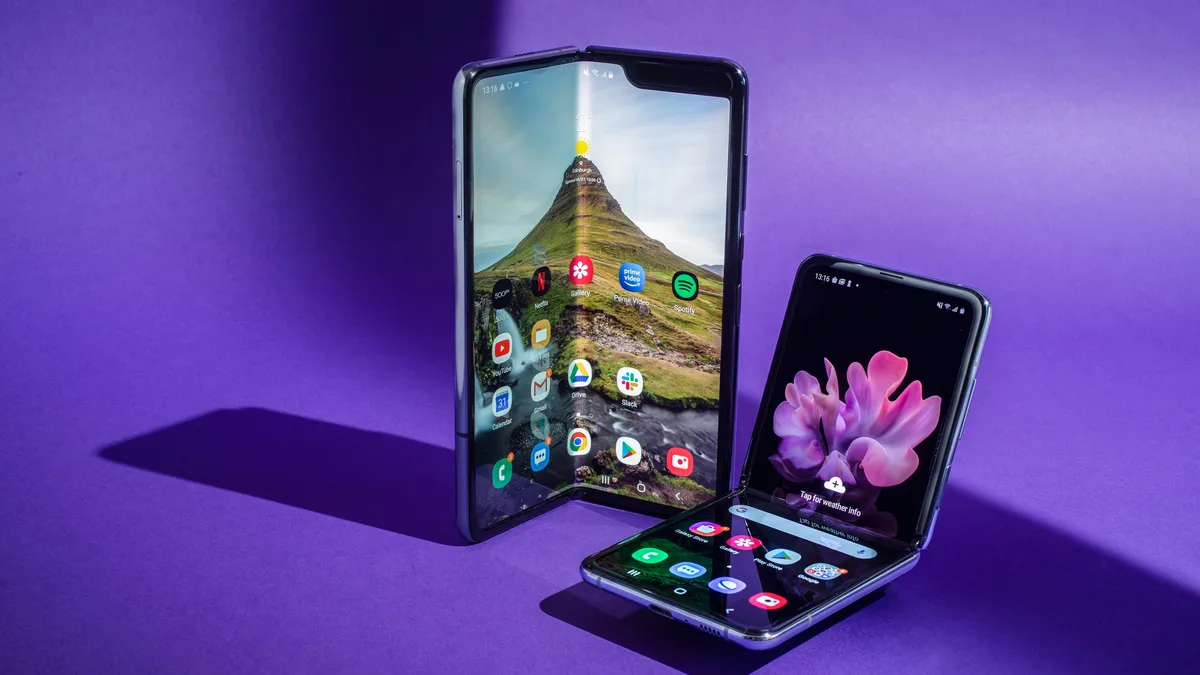The Rise of Augmented Reality (AR): Augmented reality (AR) glasses are poised to be the frontrunners in this technological revolution. These devices overlay digital information onto the physical world, enhancing our reality without replacing it. AR glasses are expected to evolve into sophisticated assistant systems, powered by artificial intelligence, capable of performing a myriad of tasks currently facilitated by smartphones.
Neuralink’s Brain-Computer Interface: Another groundbreaking development is Neuralink’s brain-computer interface (BCI), which involves implanting a chipset in the brain to enable direct communication with computers. This technology could potentially allow users to interact with digital environments and perform tasks through thought alone, reducing the need for physical devices like smartphones.
The Shift in Consumer Demand: As these technologies mature, consumer demand for traditional smartphones is anticipated to wane. The convenience and seamless integration of AR glasses and BCIs into our daily lives could render smartphones unnecessary. This sentiment echoes earlier statements from industry insiders, including a Nokia official who suggested that smartphone usage would decline by 2030.
Implications for Modern Civilization: The transition away from smartphones could address the current overreliance on these devices, which some view as a crisis in modern civilization. By freeing our hands and eyes from screens, emerging technologies like AR glasses and BCIs promise to enhance our interaction with the world and each other.
While smartphones have been central to the technological landscape, the advent of AR glasses and neural implants indicates a future where our interaction with technology is more integrated and intuitive. As these innovations progress, they hold the potential to redefine our relationship with digital devices and the very fabric of daily life.

Leave a Reply